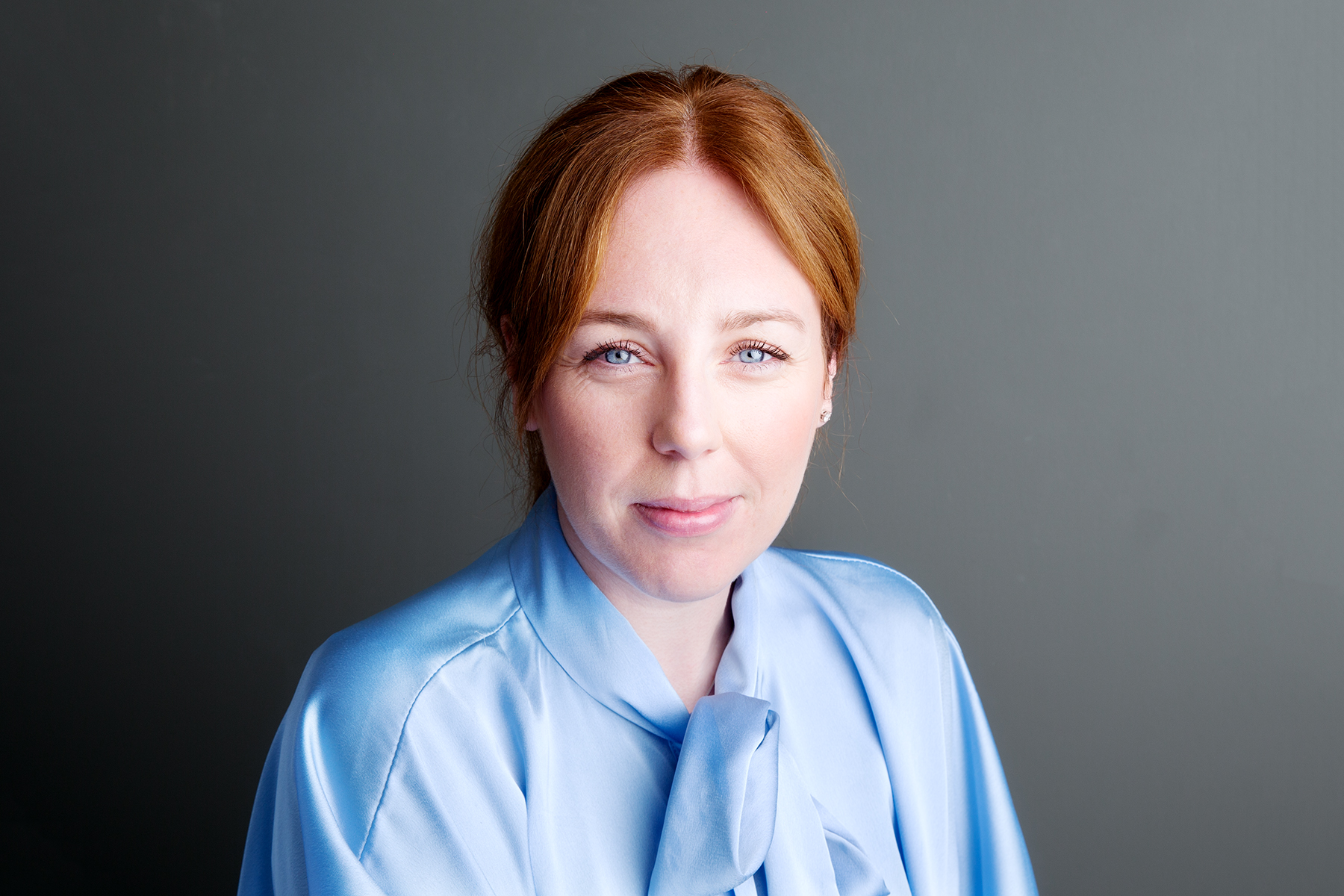Children, Conflict And A Commitment To Parents
Published on 22 August, 2017 | Katie Dillon

It is an unfortunate fact of life that not every relationship lasts the course.
According to figures issued by the Office for National Statistics (ONS) in June, married couples have only a slightly better chance of remaining together than not.
In fact, forty-two per cent of marriages now end in divorce with half of those break-ups occurring within a decade of a wedding taking place (https://www.ons.gov.uk/peoplepopulationandcommunity/birthsdeathsandmarriages/divorce/bulletins/divorcesinenglandandwales/2015#what-percentage-of-marriages-end-in-divorce).
Given the comparative informality of a cohabitation, it’s a little more difficult to be precise about the frequency of such splits. However, the counselling service, Relate, estimated last year that nearly one-fifth of couples – married and cohabiting – admitted regularly arguing or considering separation (http://www.bbc.co.uk/news/uk-36373299).
Whilst such circumstances can, of course, be distressing for the adults involved, they can be even more complicated if they have the well-being of their children as well as themselves to take into account.
It is, I would suggest, a situation which appears more likely. Parallel to incidence of couples either teetering on the edge of a break-up or tipping over into it is an increase in the number of partners with dependent children.
Last November, the ONS revealed that there were now close to 14 million dependent children living in families in the UK in 2016 – more than 700,000 on the figure a decade earlier (https://www.ons.gov.uk/peoplepopulationandcommunity/birthsdeathsandmarriages/families/bulletins/familiesandhouseholds/2016#dependent-children-were-most-likely-to-be-living-in-married-couple-families).
This is not just of interest to Britons alone. We live in an era when technology and travel has put almost every place on the globe within relatively easy reach, while moving country to live and work is far more of a regular occurrence than in previous generations.
One consequence of all that is when those relationships between individuals from different national or cultural backgrounds come to an end, there can be a natural desire to return to familiar environments.
If that happens and the proper procedures are not followed, matters can become very serious indeed. The Foreign Office calculated that in the 12 months up to July last year, some 445 children were abducted from the UK by their parents (https://www.gov.uk/government/news/foreign-office-and-reunite-highlight-impact-of-child-abduction).
Some leading experts have suggested that Brexit might even prompt more of these sorts of cases (https://www.liverpool.ac.uk/media/livacuk/law/european-childrens-rights-unit/The,potential,implications,of,Brexit,for,Child,Protection.pdf).
In the 16 months since Hall Brown Family Law first opened its doors, we have certainly noticed a steady rise in these problems and in other related issues relating to children’s welfare and living arrangements.
That is why we have decided to form a new department within the firm to offer the very specialist support which is often required by parents – and their children – who find themselves in just such a predicament.
All our lawyers possess the skills capable of resolving what are naturally very delicate and sometimes complex matters. Even so, we believe that by establishing this new division we are making a firm commitment to place our expertise at the disposal of a growing proportion of people who only wish to avoid conflict and insulate children from the worst effects of a break-up.